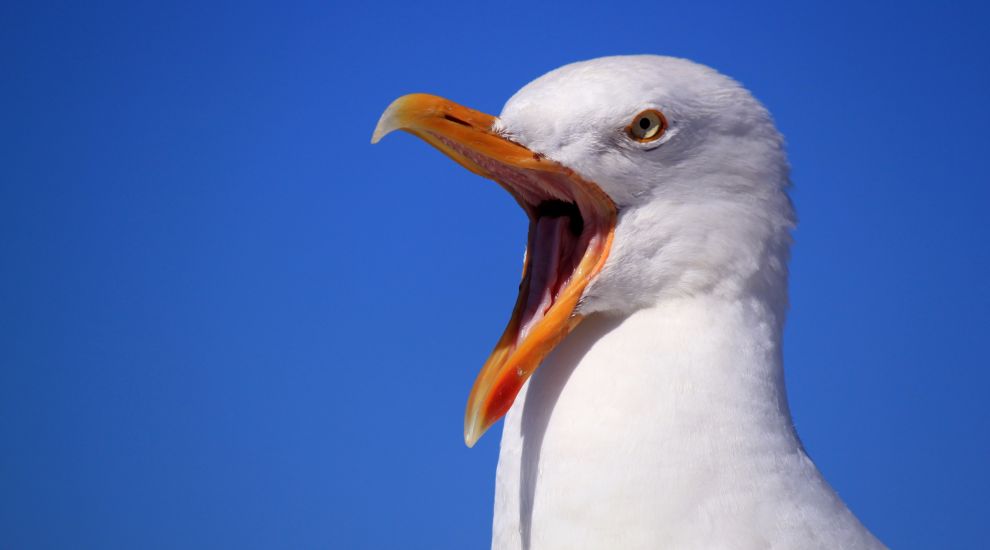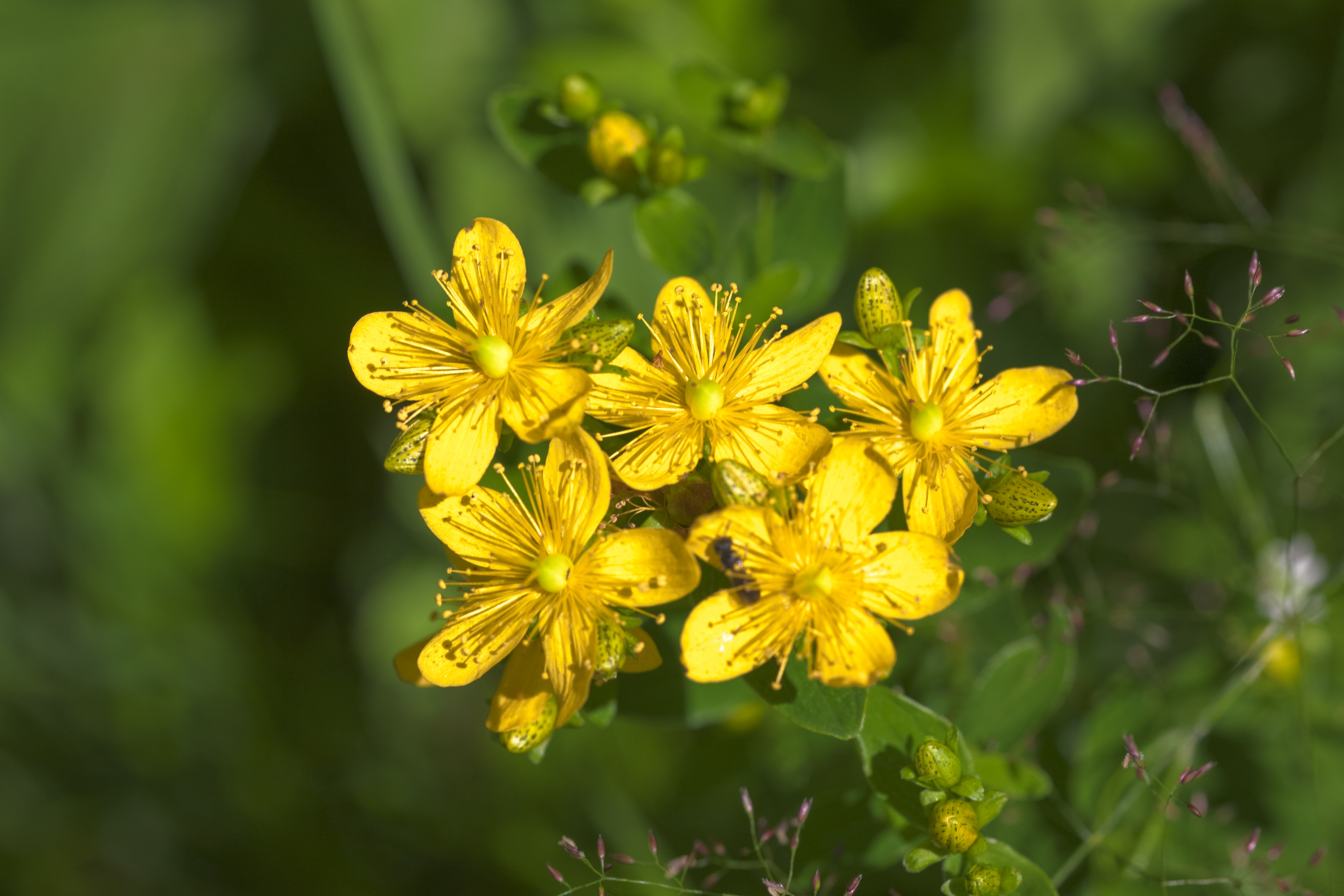


Seagulls will remain a protected species if the States back a new Wildlife Law, which has just been published.
If politicians support the Environment Minister’s plan, all wild birds will be protected except the crow and magpie, along with the feral and wood pigeon.
If people damage or destroy the nests, dens and breeding sites of protected species, they could be prosecuted and sent to prison for up to two years.
The Minister will also have to power to cordon off “Areas of Special Protection” to further protect species.
The law also makes it an offence for someone to deliberately to release, or recklessly to allow to escape into the wild, an animal or bird of an invasive non-native species.

Pictured: St John's Wort, which is a protected species under the proposed law.
If a non-native species is on private land, the owner can be forced to get rid of it or to comply with a plan to manage it, as set out by officers from Environment.
The Minister can, however, arrange for compensation to be paid to landowners for any financial loss suffered.
Environment Minister John Young said: “The new legislation will provide a clear and effective framework for the protection, regulation and enforcement of activities affecting protected species and habitats in Jersey, meeting current international standards and ensuring compliance with the Island’s strategic and international responsibilities to protected wildlife.”

Pictured: Environment Minister John Young.
Under the law, protected animals include all birds (except crows, magpies and pigeons), bats, stag beetles, common toads and the common tern.
Protected plants include the wild strawberry, St John’s wort, the Jersey forget-me-not and sea lavender.
Certain species get higher levels of protection in the law depending on their distribution, threat and rarity.
Various traps, snares, weapons, nets and poisons are also banned.
Comments
Comments on this story express the views of the commentator only, not Bailiwick Publishing. We are unable to guarantee the accuracy of any of those comments.